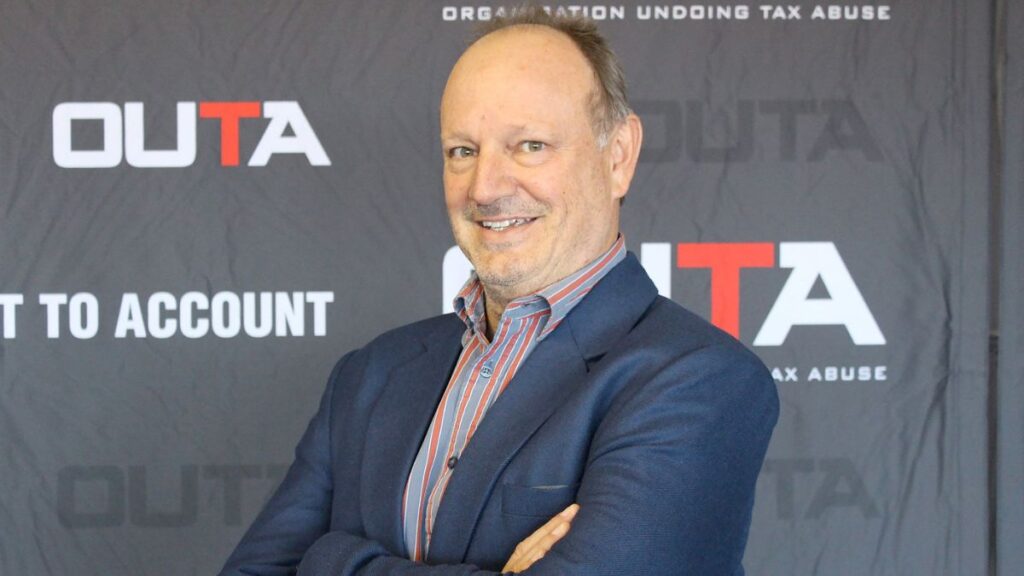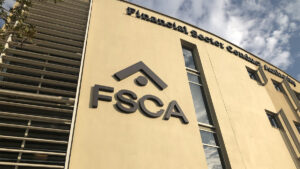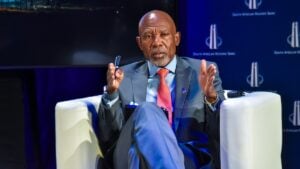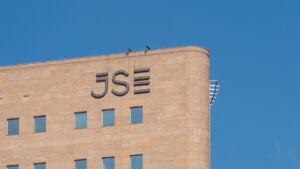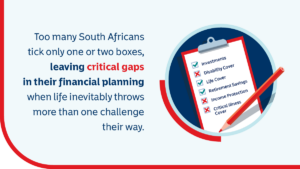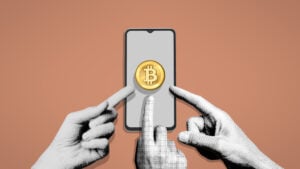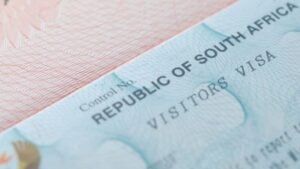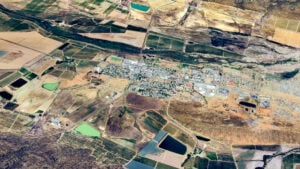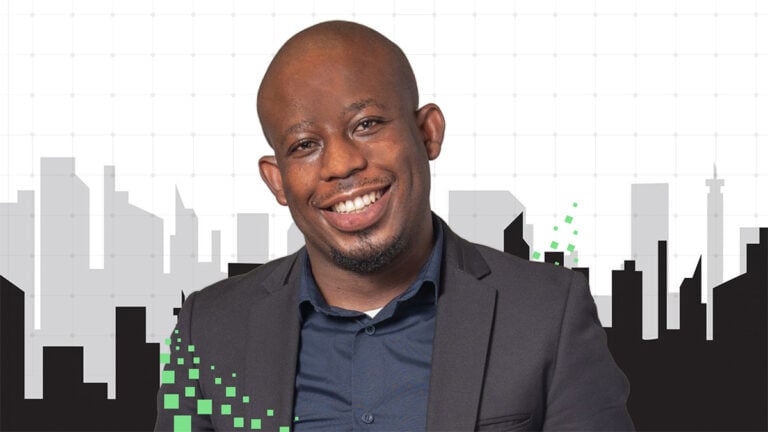Eskom could punish homeowners with rooftop solar even more
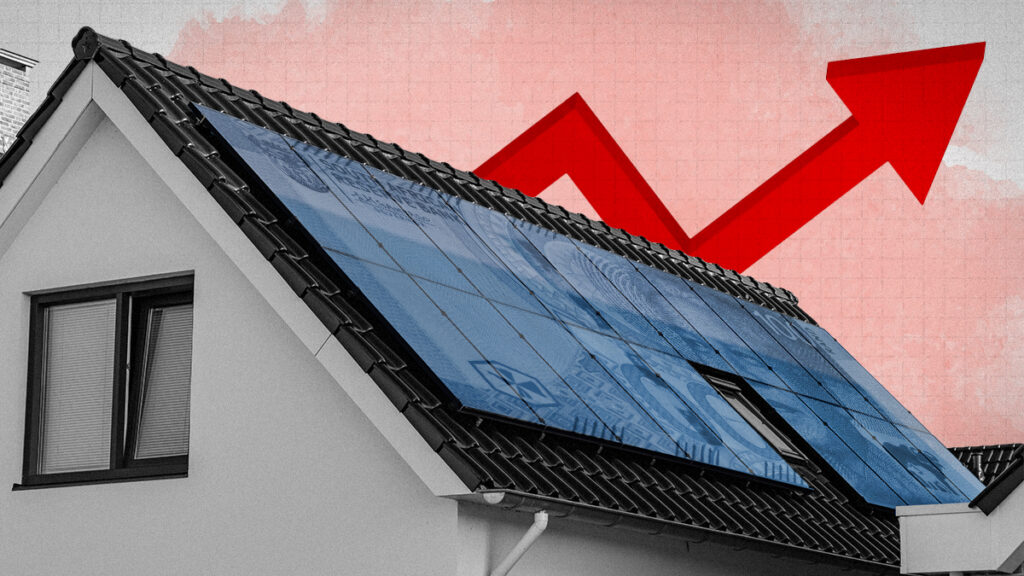
South Africans who have solar systems installed could soon face an additional surcharge from Eskom and municipalities for the maintenance of the grid and distribution infrastructure.
This is according to power and energy expert, Vally Padayachee, a former Eskom and City Power executive.
He explained that solar users who remain connected to the national grid will be charged a fixed network maintenance fee regardless of how much or how little electricity they draw.
“Whether you use the grid or not, you’ll pay a fee if you’re grid-tied. If you’re using solar for 60% of your domestic needs and still rely on Eskom for the remaining 40%, you’ll still be liable,” Padayachee said.
He said this charge is justified on the basis that the grid remains available to these users as a backup source of electricity.
“Even if you don’t use it every day, the grid has to be there at 02h00 in the morning when the sun isn’t shining or the wind isn’t blowing.
“There are people working 24/7 to keep the grid alive. That’s a service you’re paying for,” he added.
Padayachee stressed that people should not assume they are “off-grid” just because they are generating their own power.
“There’s a misnomer among users that if you’re connected to the grid but not using electricity, you’re off-grid. You’re not, you’re still grid-tied,” he said.
This means that even holiday homes with registered but inactive connections would incur fixed charges.
Padayachee said that this move would mark a shift away from the previous consumption-based fee model to one where the same network fee applies regardless of usage.
He explained that the national grid is owned by Eskom and the municipalities, which are responsible for its upkeep and development.
These additional connections to the grid impact its performance and stability and increase the burden placed on infrastructure, necessitating additional maintenance and investment.
More punishment for solar users
Households with solar systems already face notable costs to comply with Eskom’s rules, which include a certification of compliance and registration with the utility by March 2026.
Some experts have highlighted that certification costs can range from R10,000 to R20,000. The looming fixed fee will be another financial punishment for solar users.
However, this approach has drawn sharp criticism from civil society.
Wayne Duvenage, CEO of the Organisation Undoing Tax Abuse (OUTA), described Eskom’s strategy as both irrational and self-defeating.
“It’s quite frustrating. Government has been incentivising people to go off-grid, offering tax rebates and pleading with the public to find alternatives, and now they’re punishing those who do,” he said.
Duvenage argued that the policy targets solar users unfairly while ignoring others who have also significantly reduced their electricity usage through energy-efficient design or appliances.
“Your neighbour could have a gas stove and gas geyser, and use almost no electricity, but they won’t be charged. Yet someone with a solar system trying to do the right thing will pay more.”
He warned that this inconsistency could undermine Eskom’s registration drive.
“The public is getting frustrated. I don’t think Eskom is going to get the kind of uptake they’re hoping for by March or April next year,” said Duvenage.
He also suggested that these additional fixed charges might push more people to abandon the grid entirely.
“If you’ve already invested in solar, spending another R20,000 on a generator or battery system is not a stretch. For bondholders, the financing is manageable. Going off-grid completely will start to look like the smarter option.”
Duvenage pointed out that modern gas appliances and efficient generators make full independence from Eskom increasingly viable.
“Gas geysers and stoves are already more efficient than electric ones. Add a quiet gas generator or a small wind turbine at the coast, and you don’t need Eskom at all.”
He warned that Eskom could end up accelerating the very trend it is trying to contain. “As these network fees kick in, people will do the math and cut Eskom completely.”
